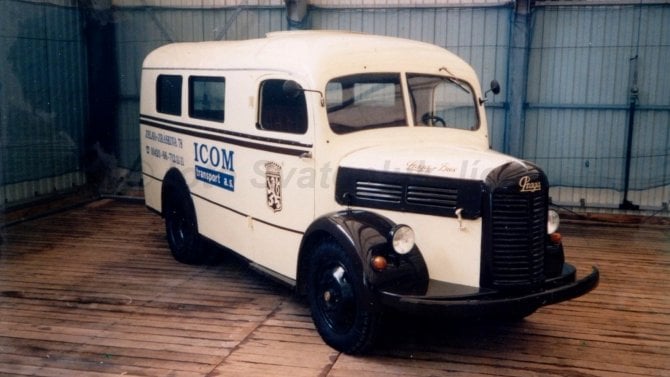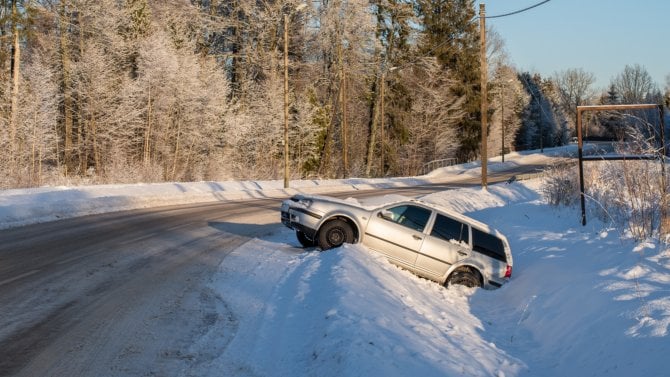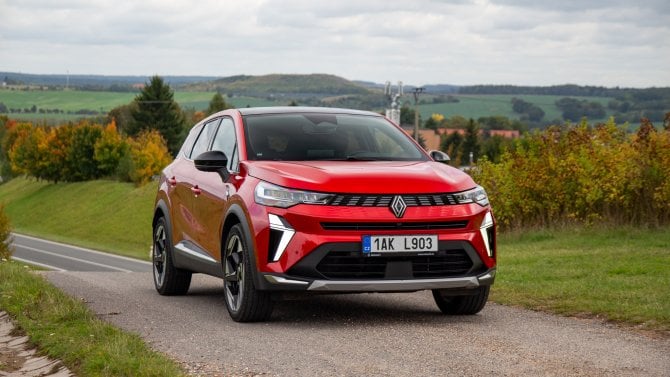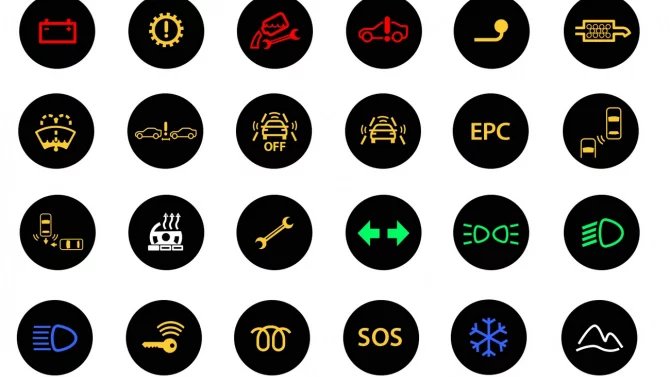...
By Alan Crosby
PRAGUE, March 22 (Reuters) - The Bohemians are back. A new generation of Czechs who grew up in democracy have the freedom and wealth to lead hedonistic lives barely dreamt of by their parents under nearly five decades of communist rule.
"I want to experience as much as I can at this age," said Jan Skuta, a 21-year old student, peering through the smoky haze in a bar in Prague's ancient centre.
The Czech Republic once comprised most of Bohemia, and the term Bohemian became synonymous with a socially unconventional lifestyle that many are heartily resurrecting in the post-Communist era.
Absinthe, the green spirit once widely banned for its suspected hallucinatory effects, is available at almost every bar. Fashion runs the gamut from ultra mini-skirts to bell bottoms and from designer jeans to army fatigues as bar-hoppers track trends.
"My parents just look at me like I am crazy, but I am sure that they would have done the same if they were allowed to at my age. But they couldn't, and that's not my fault," Skuta said.
Many young Czechs his age know little of what life was like before the "Velvet Revolution" toppled the Soviet-backed government in November 1989 -- other than what their parents tell them or they glean from occasional documentaries on state television.
Instead, they grew up navigating the ruins of the former regime, and are now seizing their chance.
The Czech economy is booming, expanding at 6.1 percent last year. Membership in the NATO security alliance and the European Union have provided a sense of relief -- that there will be no turning back. Opportunities to travel and study abroad are as plentiful as cobblestones in Prague's Old Town.
"VALUELESS"
This comes in sharp contrast to the lack of opportunities their parents were afforded, especially after Moscow tightened its grip on the country after brutally crushing the 1968 reform movement known as "Prague Spring".
"This group grew up in an environment that was still heavily damaged by communism, in the sense that the regime was gone but not all of its effects," said Jiri Pehe, director of the New York University campus in Prague.
"To me it is a valueless generation. A generation of people who are materialistic, given to consumerism, and individualistic. It is still not firmly rooted in any formal system of values, they are not really interested in politics."
It used to be easy to pick out the locals from the tourist hoardes that invade Prague year round.
But now shops teem with western goods and young local shoppers willing to keep up with the latest trends.
Parizska Street -- running from the banks of the Vltava River to the Old Town Square -- has been restored to its former glory.
Prague's equivalent of upmarket U.S. shopping mecca Rodeo Drive, the stores on the tree-lined street are dominated by luxury brand names such as Cartier, Louis Vuitton and Hermes.
NEXT GENERATION
Though the average Czech salary is still only $965 a month, pricey cafes and restaurants do brisk business as young Czechs comfortably rub shoulders with western tourists.
"I think it's a lot more fun to shop and buy things now than it was for my mother," said 19-year-old Renata Schnirova, touting a bag from the store where she just bought a designer sweater.
"It's more expensive too, but kids these days don't seem to worry about where the next crown will come from," her 44-year-old mother Jana added quickly.
The rise of this new generation and its lifestyle is not surprising.
During a trip to the Czech Republic a decade ago Pope John Paul attacked imported Western hedonism that was sweeping across the region in this predominantly secular society.
He said this generation faced the challenge of "hedonism, which has invaded these lands from neighbouring countries and contributed to a growing crisis of values in everyday life".
He also warned a "grave social malaise" was the direct result of this challenge.
Robert Hnilica was 14 when the Pontiff visited. He remembers watching highlights of the Pope's speeches on the evening news.
Now 24 and working in banking, Hnilica says the Pope was right with his words, but wrong that his generation was at risk.
"The real risk was to those who had to endure the former regime. I don't see freedom as a risk. It is a right, and all we are doing is choosing to exercise this right," he said.
New York University's Pehe said he expects the next generation to leave the Bohemian life behind and question the choices they face more than the current group.
"The second generation after the Revolution are more interested in world issues than the 18-25 generation right now," he said.
"This younger generation is not impressed with some of the things like consumerism, pop culture etc. They grew up with it and they have formed critical stances toward it." ($1=20.98 Czech Crown)
Keywords: POSTCOMMUNIST YOUTH/CZECH




 Malý náklaďáček mnoha jmen: Škoda/Aero/Praga (A) 150 byla nedoceněným československým dříčem
Malý náklaďáček mnoha jmen: Škoda/Aero/Praga (A) 150 byla nedoceněným československým dříčem
 Řidička uvízla na železničním přejezdu, rychlík ji minul jen o kousek
Řidička uvízla na železničním přejezdu, rychlík ji minul jen o kousek
 Brzdná dráha delší až o deset metrů. Hlavně levné pneumatiky z východní Asie jsou pro řidiče rizikové
Brzdná dráha delší až o deset metrů. Hlavně levné pneumatiky z východní Asie jsou pro řidiče rizikové
 Test Renault Symbioz: S novým hybridem jezdí svižně a se spotřebou legendárního té-dé-íčka
Test Renault Symbioz: S novým hybridem jezdí svižně a se spotřebou legendárního té-dé-íčka
 Kdo nezvládne tento kvíz za plný počet, ten si dost možná auto zničí. Kontrolky jsou totiž základem komunikace mezi autem a řidičem
Kdo nezvládne tento kvíz za plný počet, ten si dost možná auto zničí. Kontrolky jsou totiž základem komunikace mezi autem a řidičem
